
Adam J. Anderson
Scientist, Fermilab
I build experiments to perform measurements of the cosmic microwave background (CMB) and search for dark matter.

Scientist, Fermilab
I build experiments to perform measurements of the cosmic microwave background (CMB) and search for dark matter.
I am an experimental physicist broadly interested in precision measurements of the cosmic microwave background (CMB), line-intensity mapping (LIM) at millimeter wavelengths, and direct dark matter detection with new technologies. I am involved with the SPT-3G project, which is currently performing a CMB survey with the South Pole Telescope (SPT). Upcoming cameras in development include: SPT-SLIM, a camera on the SPT consisting of on-chip kinetic inductance detector (KID) spectrometers to perform LIM at millimeter wavelengths; SPT-3G+, a proposed high-frequency CMB camera using KIDs; and CMB-S4, the ultimate ground-based CMB experiment to search for inflationary B-mode polarization in the CMB.
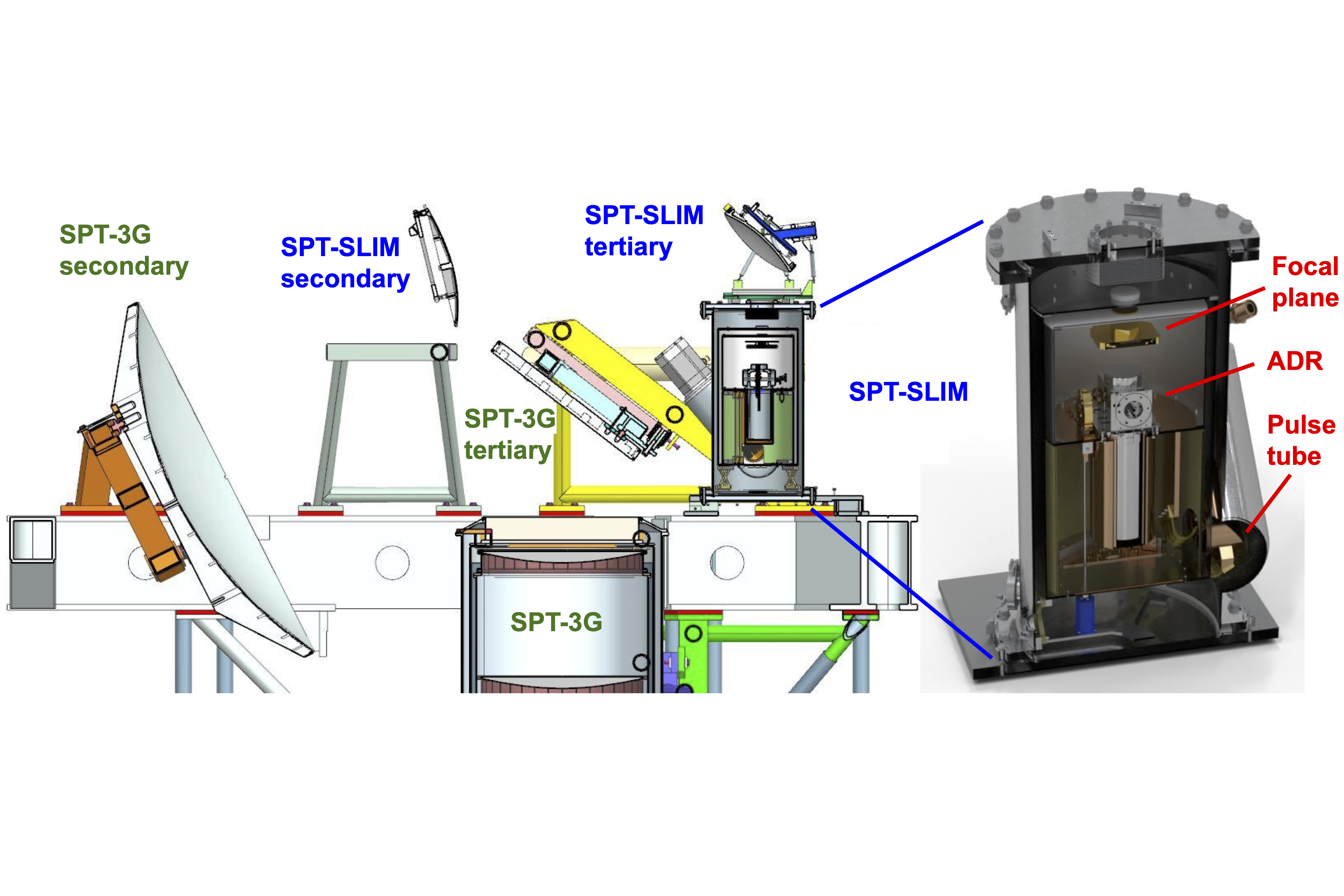
SPT-SLIM is a pathfinder camera to demonstrate the use of on-chip spectrometers with kinetic inductance detectors as a platform for millimeter-wavelength line-intensity mapping. The camera will deploy on the SPT in 2023 and 2024.
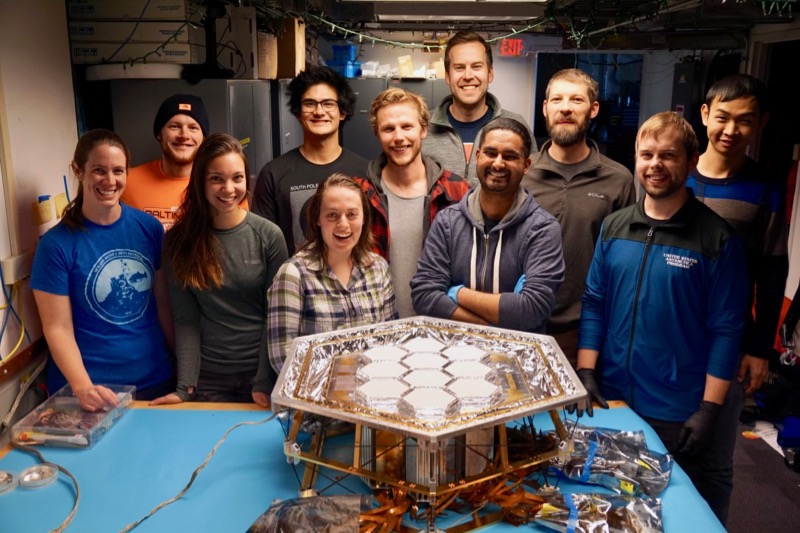
The SPT-3G experiment is performing a multi-year survey with 15,000 polarization-sensitive detectors to map the CMB and constrain inflation, dark energy, and neutrino properties.
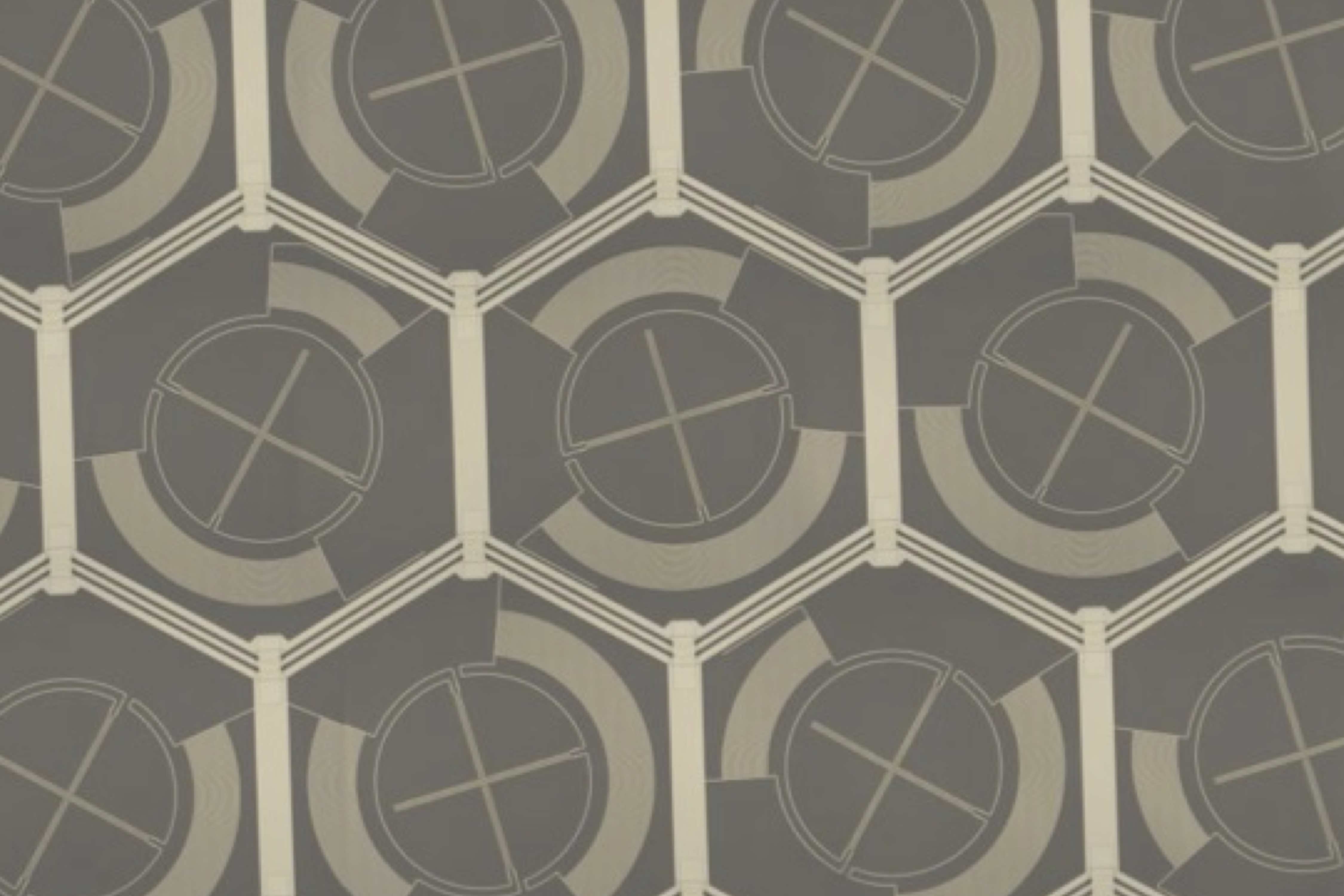
SPT-3G+ is a proposed upgrade to the main survey camera on the SPT, primarily optimized for measurements of CMB secondaries such as the kinematic and thermal SZ effects and Rayleigh scattering. It will deploy 34,000 kinetic inductance detectors observing in frequency bands centered at 220GHz, 285GHz, and 345GHz.
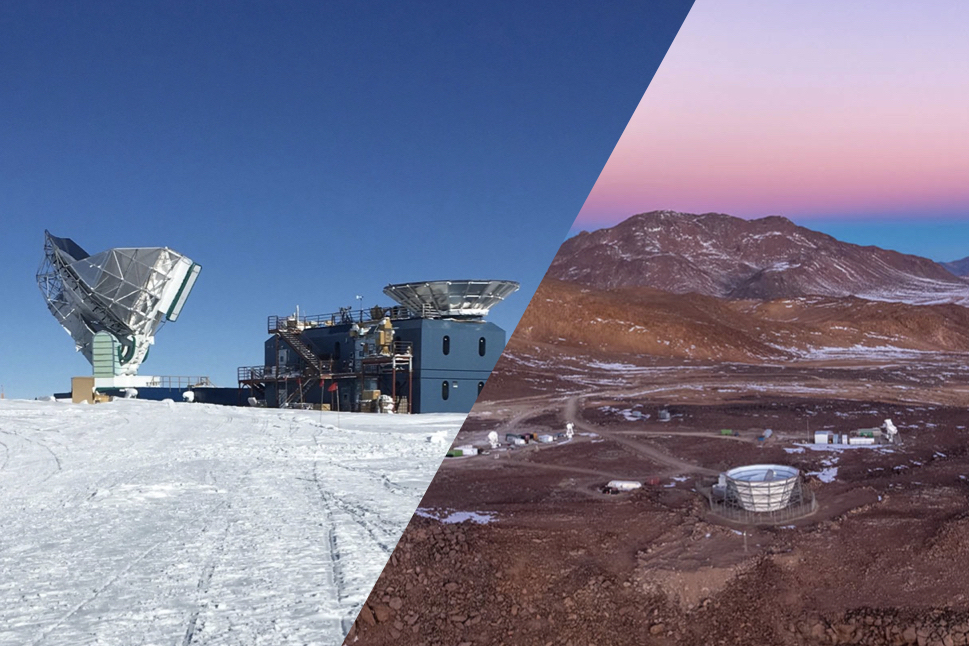
In the late 2020s, CMB-S4 will deploy 500,000 detectors across a dozen telescopes at South Pole and in the Atacama desert of Chile. It will provide the definitive ground-based constraints on inflation and neutrino properties using the CMB. Fermilab is leading the design, integration, and testing of cryogenic modules of detectors and readout electronics.
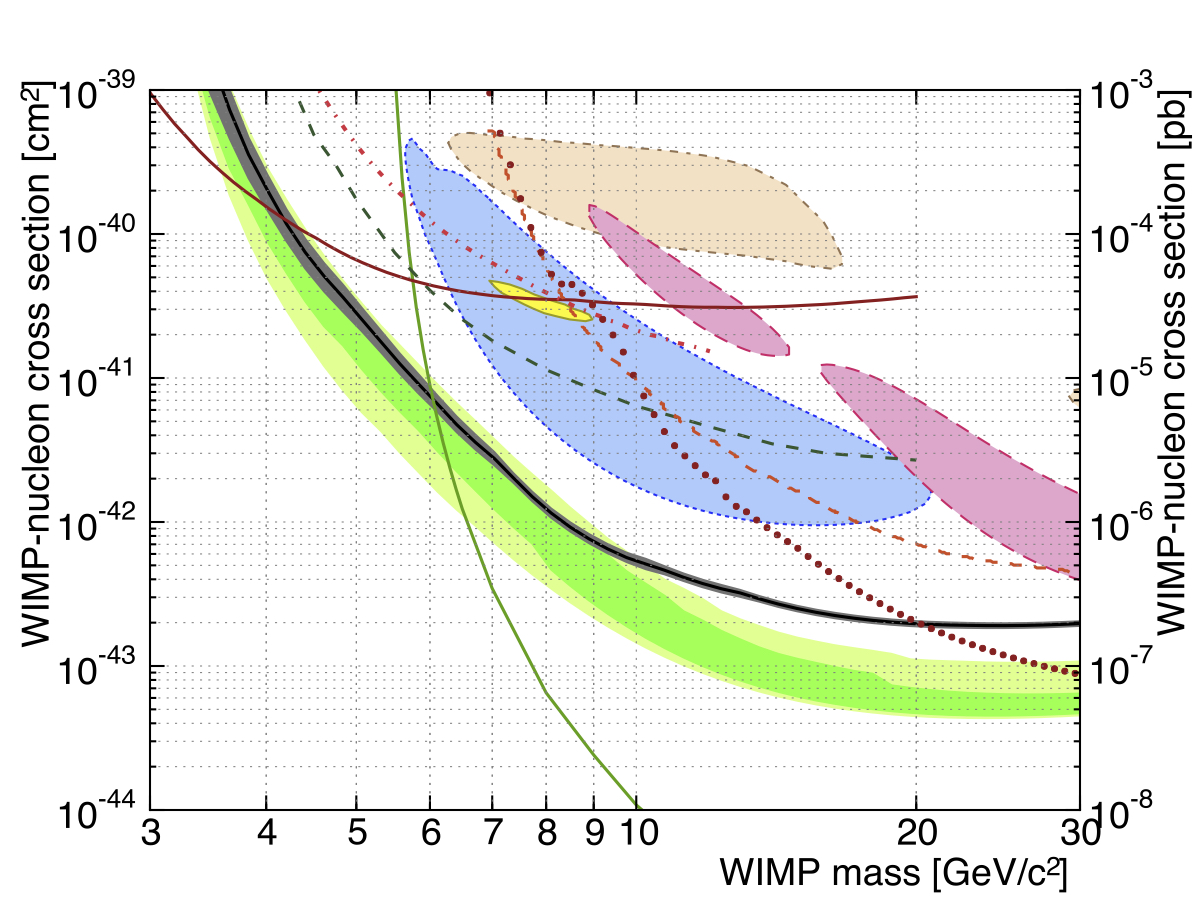
I previously worked on several projects involving direct detection of dark matter, primarily with the SuperCDMS collaboration.
I have been involved in a range of education and public outreach activities. Several long-duration efforts are highlighted below.
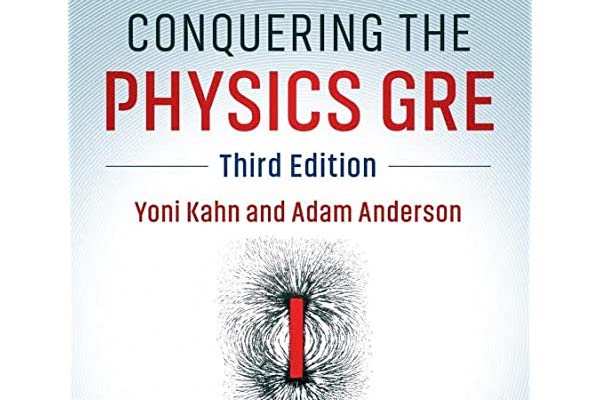
As grad students at MIT, Yoni Kahn and I were troubled by the lack of study material for the physics GRE, so in a burst of youthful indiscretion we decided to write our own. A few editions and publishers in, the book seems to have proven useful for many students applying to grad school.
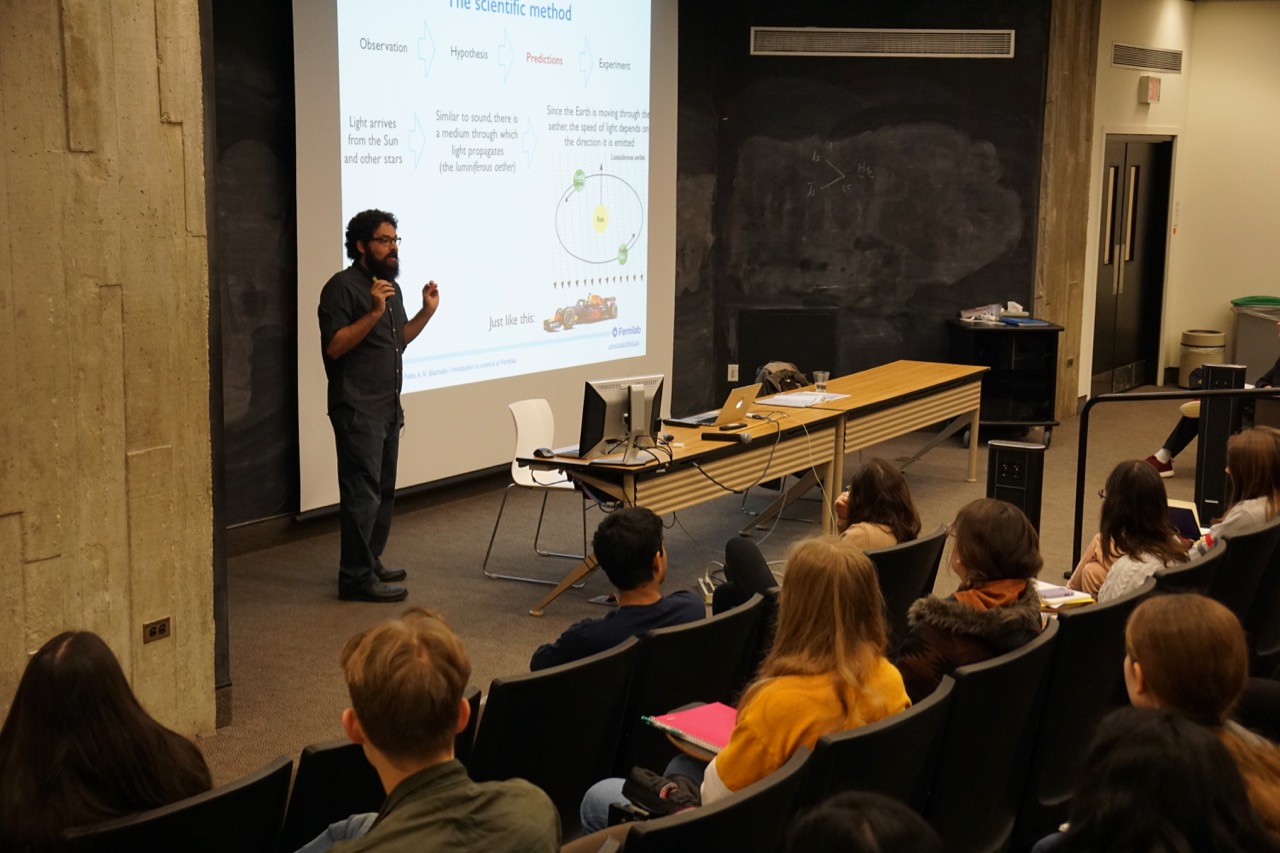
Started by Nobel laureate Leon Lederman in 1980, Saturday Morning Physics has a long history at Fermilab. High school students come to the lab for ten Saturdays, attending lectures and touring experiments. I served as co-director of the program during 2019-2023 with Bryan Ramson, and still occasionally volunteer with the program.
For details, see my full CV and publications list.
adama [at] fnal.gov
MS 209, WH6W
Fermilab
PO Box 500
Batavia, IL 60510
I have nothing useful to say in 140 characters or less.